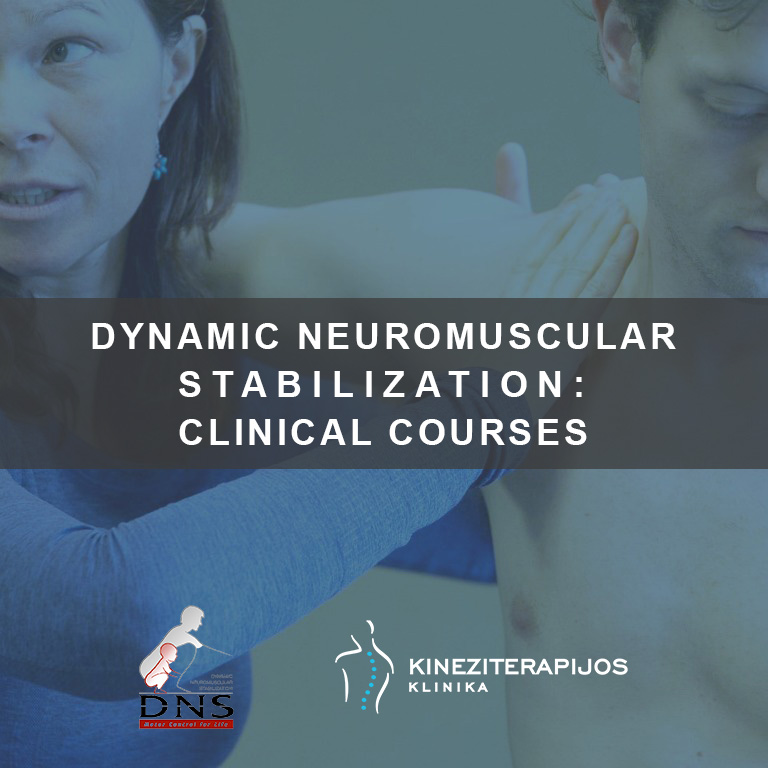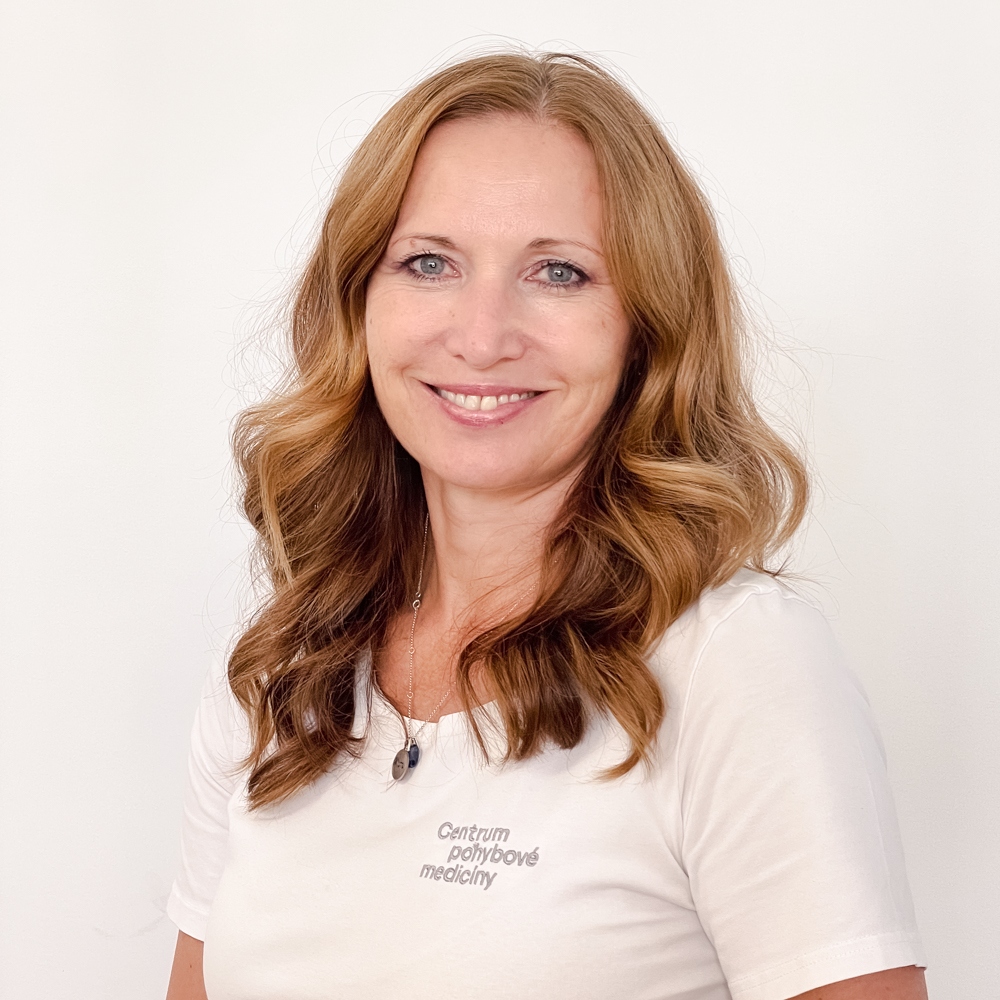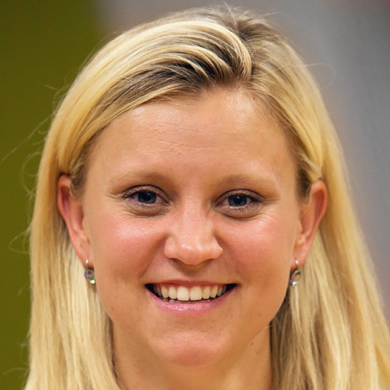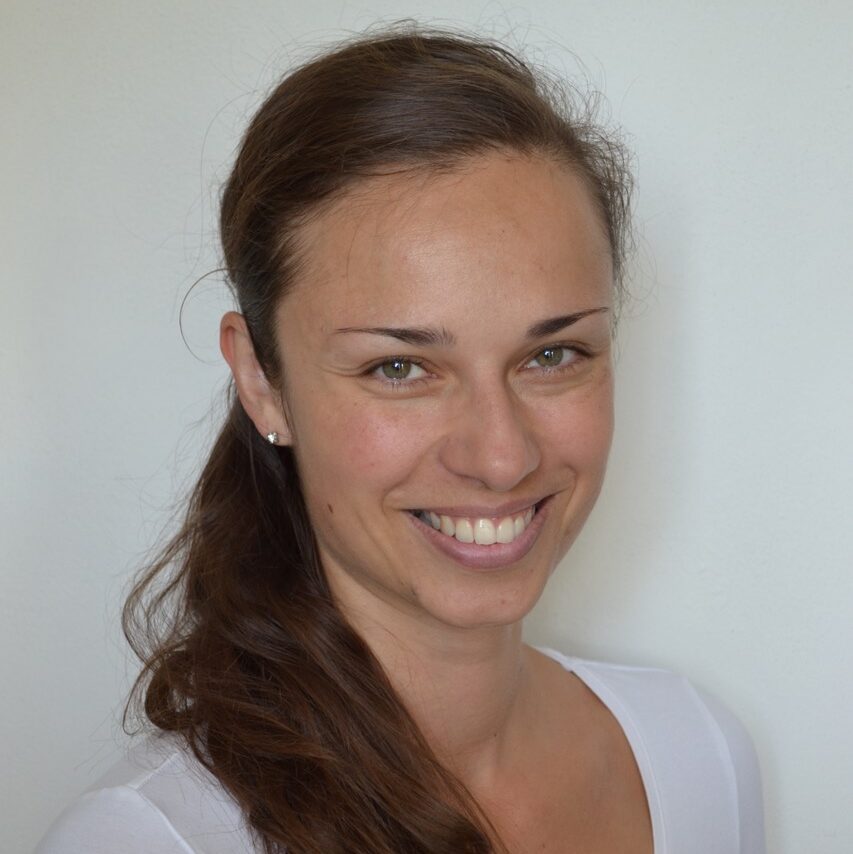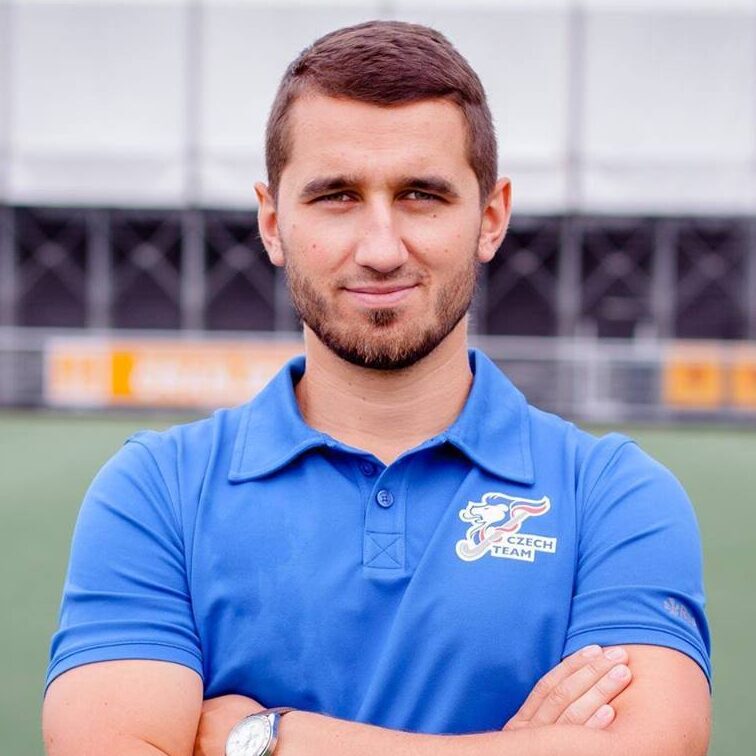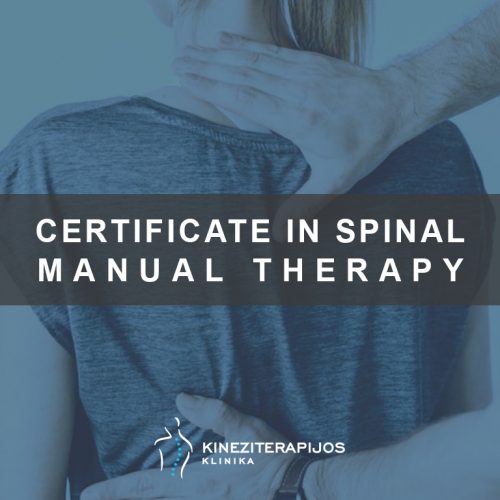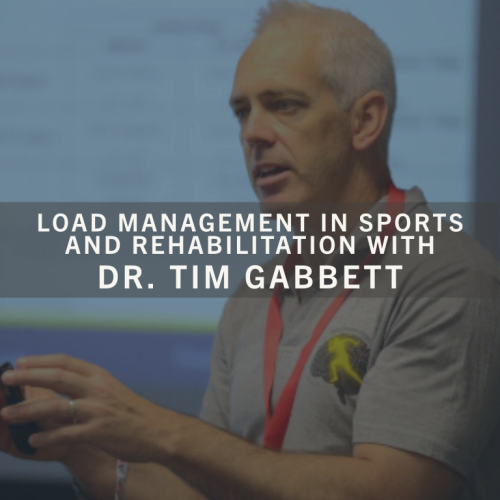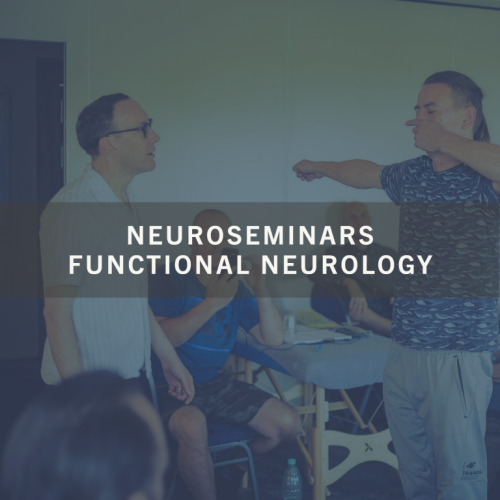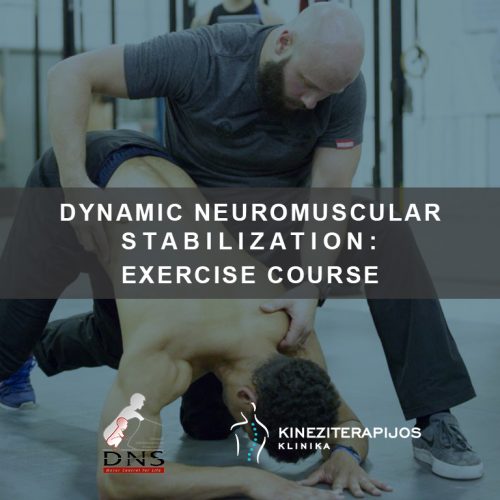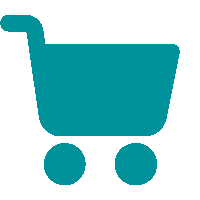About Dynamic NeuroMuscular Stabilization:
Much attention has been given in recent years to the development, maintenance and decline of functional stability of the locomotor system. Indeed, emerging research has proven the existence of the deep, or core, stabilizing muscles and their impact in controlling safe joint motion. This is especially true for the joints of the spinal column, where the complexity of the biomechanical and neurophysiological demands is phenomenal. With the increased understanding of functional stability have arisen new theories regarding the etiology of functional pathology and also of effective treatment methods to restore stability. Unfortunately, these techniques have yielded less than satisfactory results for many frustrated clinicians. Some methods, although based on sound principles, have been criticized as impractical.
It is during this period that a new method of intrinsic locomotor system stabilization has arisen to dramatically gain the attention of rehabilitation specialists. Pavel Kolar, PaedDr., Ph.D. has indeed spawned a new manual approach to activate the intrinsic system and achieve exciting levels of improved function in a remarkably brief period. Based upon the principles of developmental kinesiology, the neurophysiological aspects of the maturing locomotor system on which the Prague school was established, he has expanded the scope of clinical options in an exciting new direction. Attendees to the course will be introduced to these methods.
One of the most exciting aspects of the course is that this method describes the first new manual approach to the treatment of radicular syndromes since Cox and McKenzie did so decades ago. The success of this method has gained a great deal of interest among clinicians around the world.
For whom are these courses for?
- Medical doctors;
- Physiotherapists;
- Occupational therapists;
- Chiropractors;
Courses are thought in English, with a direct translation to Lithuanian.
Clinical DNS courses are structured into 4 parts:
- Basic A and B (3 day each) courses
- Intermediate C (3 day) course
- The Final Course D is over 6 days. This is the general course taking place in Prague both for participants following the standardized educational A-D track and the Pediatric DNS track.
Eligibility requirements to apply for the final DNS course D
(6 days course in Prague, by invitation only):
- Completion of medical courses parts A-C, and at least two additional DNS workshops which may include: repeated medical courses parts A-C, pediatric courses 1-3, , DNS skills review sessions, DNS exercise courses etc.
- Receipt of certificates of achievement in medical courses parts A-C or in standardized DNS pediatric courses 1-3.
- Application for course D must take place no earlier than three years and no later than 7 years, following completion of DNS pediatric course part 1 or DNS standardized course A.
- Demonstrate adequate handling skills that are evaluated by the respective instructors during
workshop practice sessions.
Upcoming courses and pricing:
A course: 2025 November 14-16 (lekt. Jana Vesela, MPT) Price: 440 Eur. Early bird until September 1st – 399 Eur.
B course: 2026 February 13-15 (lekt. Jana Vesela, MPT) Price: 440 Eur. Early bird until November 14th – 399 Eur.
C course: 2026 June 5-7 (lekt. Petra Valouchova, PhD)Price: 440 Eur. Early bird until November 14th – 399 Eur.
*Registration only allowed if the participant plans to attend all three courses (A-C).
Additional discount if paying all three parts at once!
Until September 1st – 1049 eur, instead of 1197 eur.
After September 1st – 1199 eur, instead of 1320 eur.
IMPORTANT!!!
There is an additional Prague Reabilitation School Fee of 100 Eur. (exl. VAT) that must be paid in order to participate in the course.
Fee can be paid following these links:
–A course: on November 14-16, 2025 : https://www.rehabps.cz/rehab/course.php?c_id=2788
–B course: on February 13-15, 2026 : https://www.rehabps.cz/rehab/course.php?c_id=3674
–C course: on June 5-7, 2026 : https://www.rehabps.cz/rehab/course.php?c_id=3675

